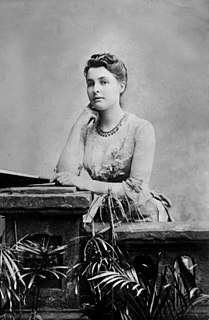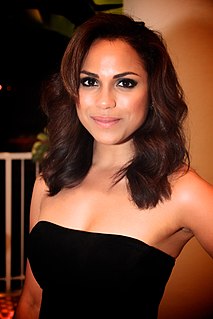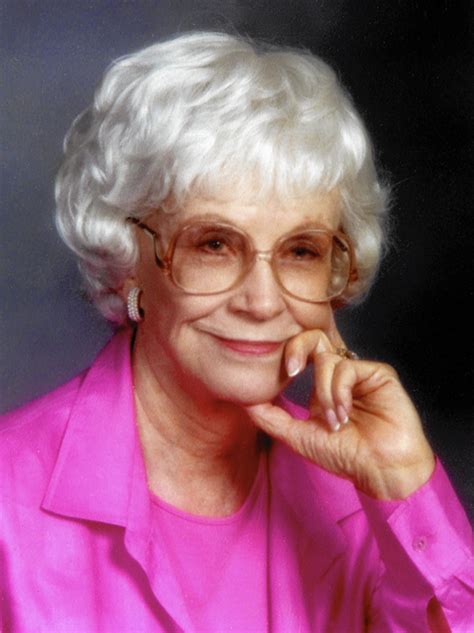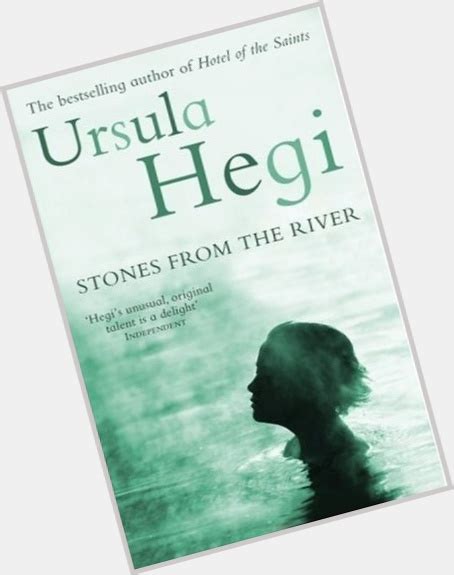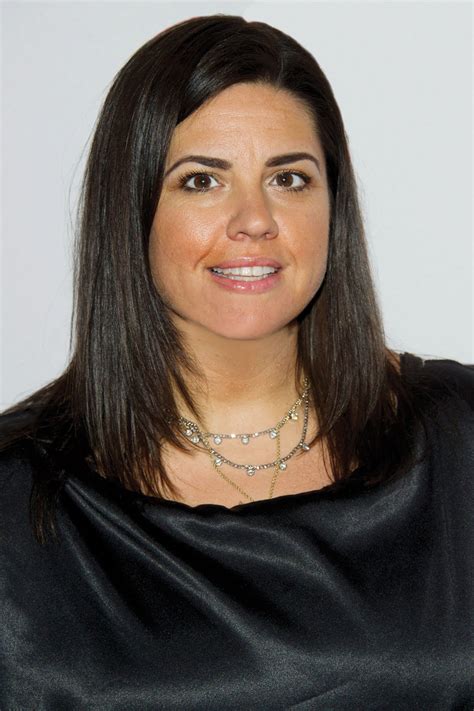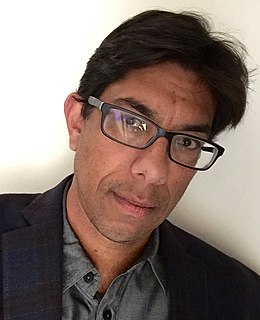A Quote by Harlan Ellison
I usually say I write for the smartest, cleverest, wittiest audience I know, and that's me.
Related Quotes
It's such a wonderful feeling to watch a child discover that reading is a marvelous adventure rather than a chore. I know that many writers for children say they do not write specifically with a child audience in mind ... This isn't true for me. I am very aware of my audience. Sometimes I can almost see them out there reacting as I write. Sometimes I think, 'Oh, you're going to like this part.
Well, I hate it when authors come into a school and they say to kids, 'Write from your heart, only write what you know, and write from your heart.' I hate that because it's useless. I've written over 300 books - not one was written from my heart. Not one. They were all written for an audience, they were all written to entertain a certain audience.
As a producer, the only thing you have is an opinion - and if you don't trust your own opinion, then everything becomes vanilla. And for me I always say this to my producers, 'If you're not sure what to do, just ask me.' I'm not smarter and it's not that I know better, but I've probably already made that mistake. As far as TV goes, a lot of it is just troubleshooting and dealing with problems that come up. So that's the message for the younger kids coming up: don't be afraid to say, 'I don't know,' cuz' that's the smartest thing you can say.
It's possible I'm a weird person, you know, and if I could only write for people who are like me, I wouldn't have any audience at all. Ultimately, I'm my audience. I'm writing stories for myself. I don't have kids of my own, and I don't hang around kids all that much. Maybe that puts me at a disadvantage.
I don't have an audience in mind when I write. I'm writing mainly for myself. After a long devotion to playwriting I have a good inner ear. I know pretty well how a thing is going to sound on the stage, and how it will play. I write to satisfy this inner ear and its perceptions. That's the audience I write for.

